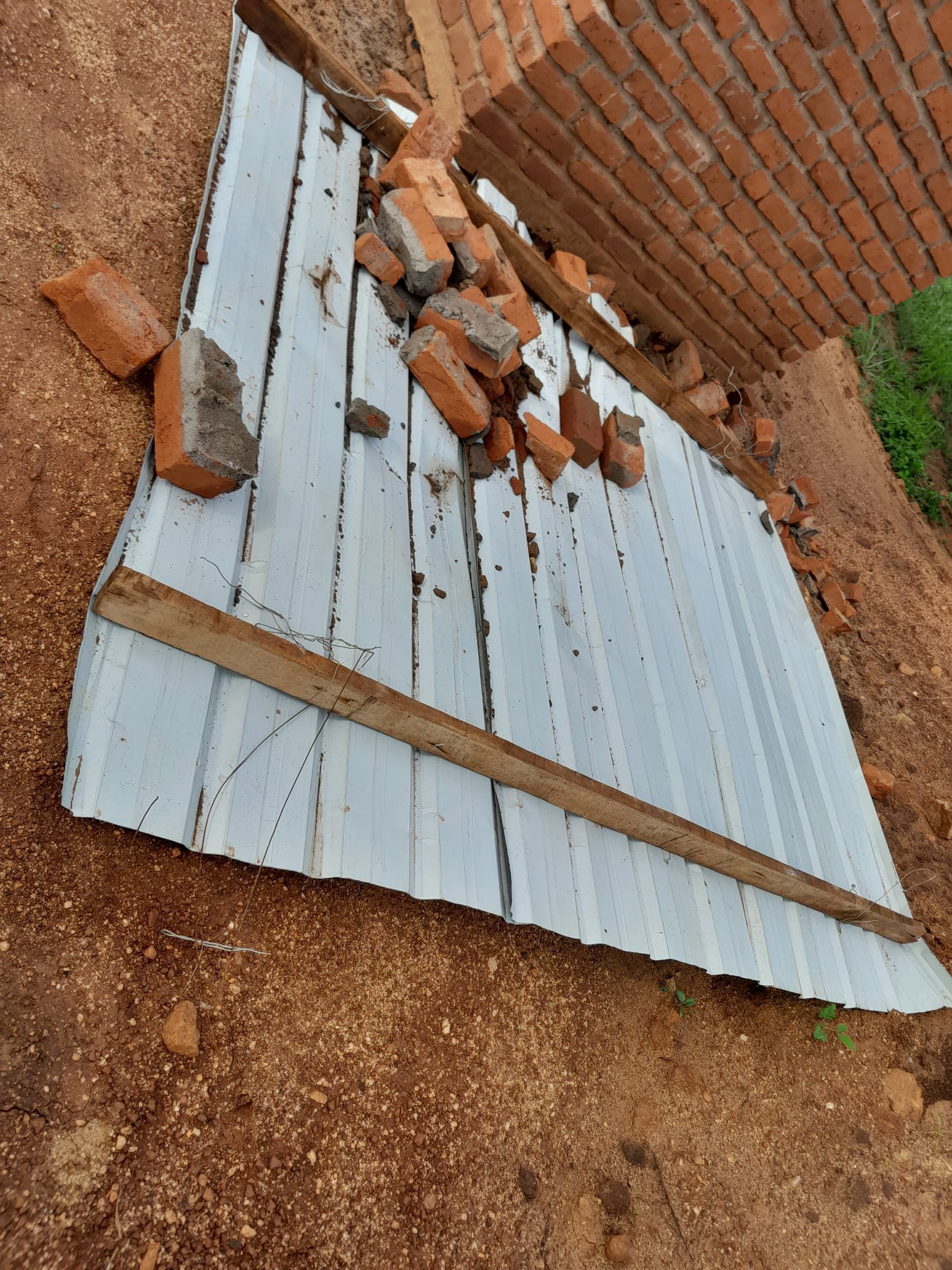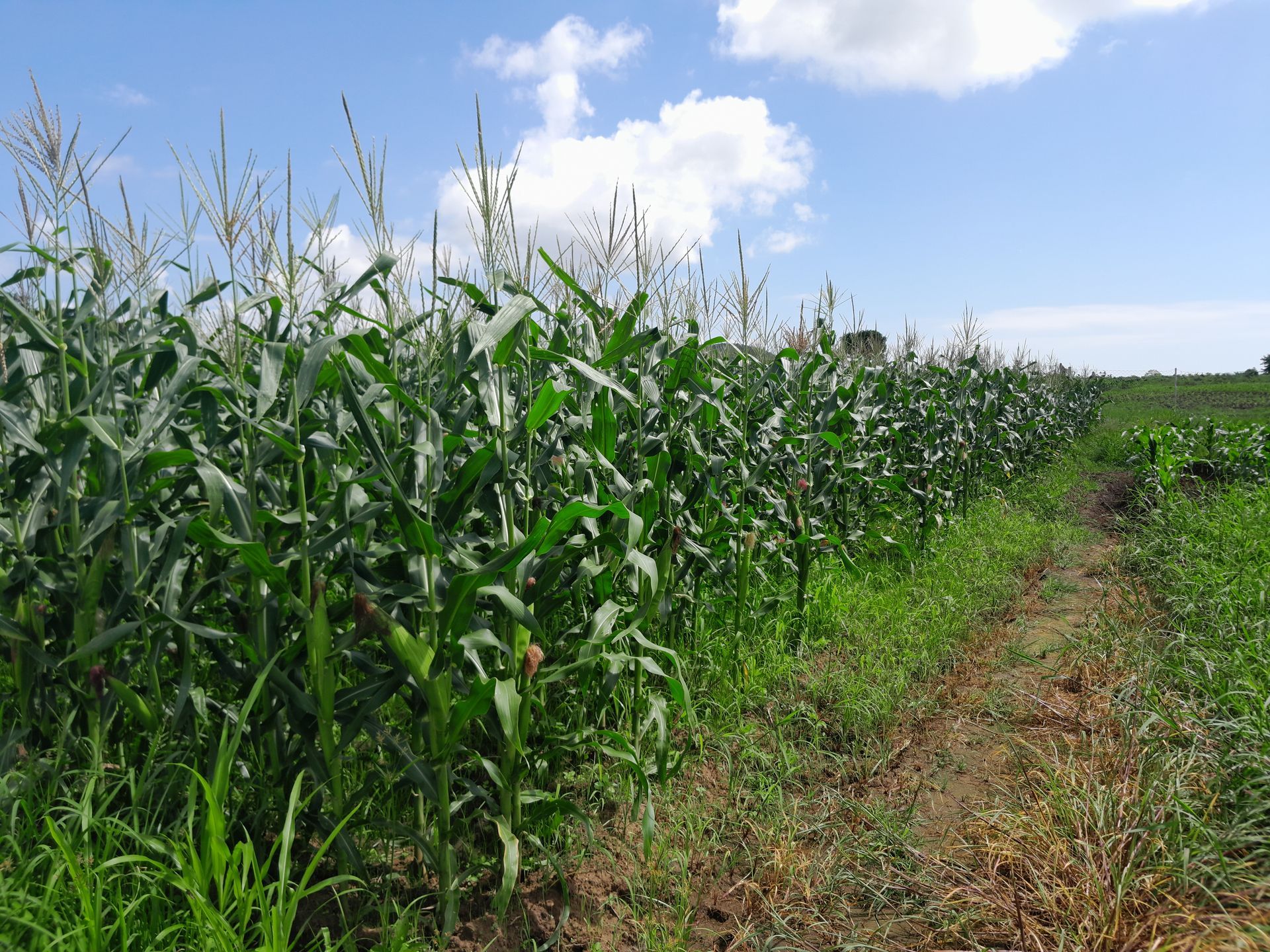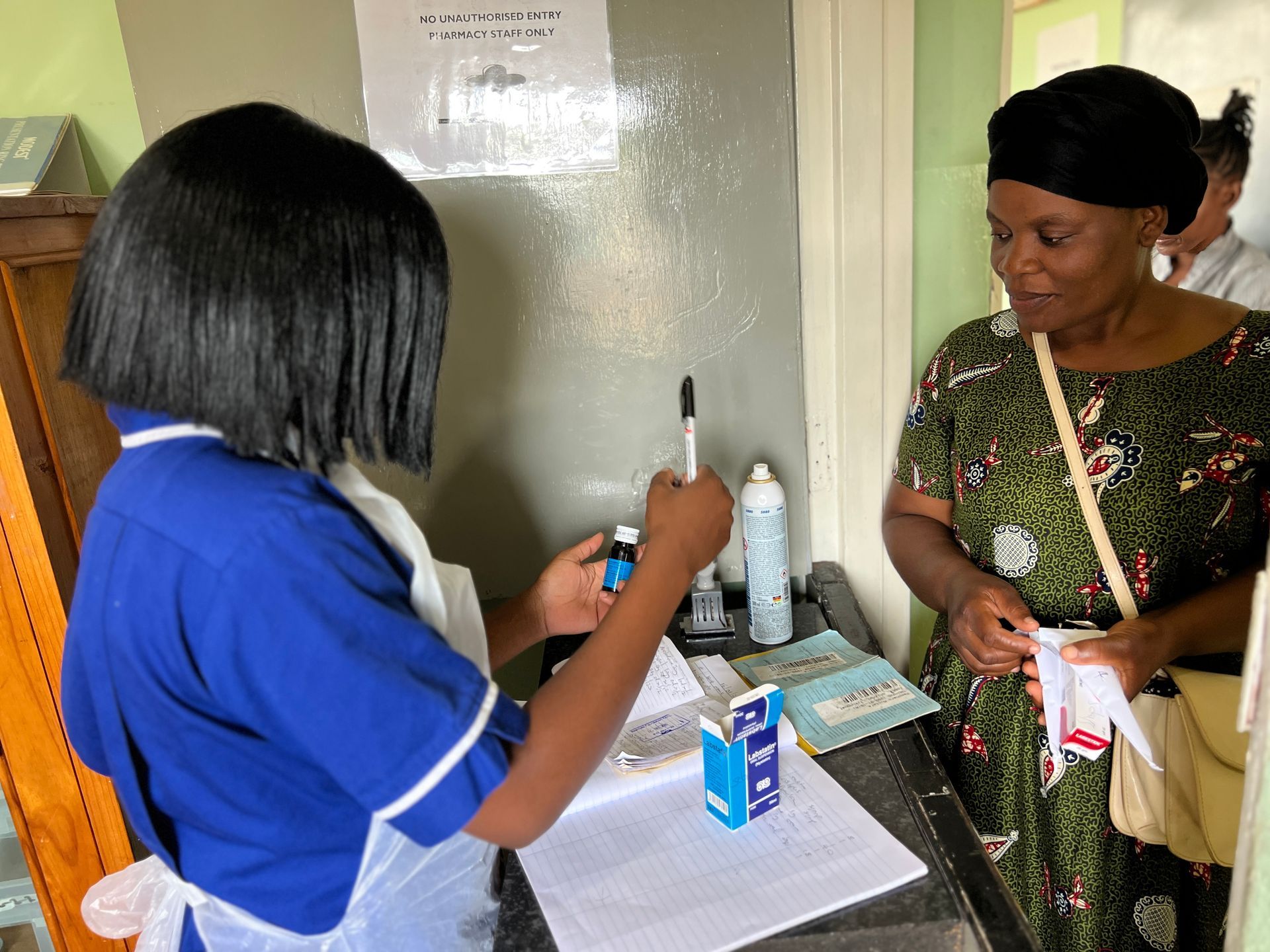The Ripple Effect: How Currency Devaluation Challenges Non-Profits in Malawi
How Devaluation Has Affected Charity Organisation Projects and Operations: A Case of Sparkle Foundation, Zomba, Malawi.

Imagine running a charity, providing crucial support to a community, and suddenly finding out your budget can only buy half of what it did six months ago. Devaluation—a word that has been on every Malawian’s lip for the past six months. What does it mean, and how has it impacted non-profit organisations in Malawi?
Devaluation is the intentional reduction of a country's currency value relative to others. This move aims to correct trade imbalances, reduce foreign debt burdens, and make exports more competitive. On November 9, 2023, the Malawi Government devalued the Kwacha by 44% against the dollar. By May 2024, another 25% devaluation followed to address ongoing economic challenges. This devaluation led to inflation reaching 27% in October 2023, with food inflation at 35%. This situation has made necessities more expensive and increased operational costs for businesses, leading to higher prices for consumers and potential downsizing or closures.
Non-profit organisations, vital to Malawi's social and economic development, have been significantly affected by devaluation. These organisations rely heavily on donations and grants, often made in foreign currencies. While initially, it might seem beneficial as the same amount of foreign currency converts to more Kwacha, the rising costs of local goods and services negate this advantage. The Sparkle Foundation in Zomba, which provides education, nutrition, and community support, faces numerous challenges due to devaluation. The cost of supplies such as educational materials, medical supplies, and food for community programs has surged. Tiyamike Chokani, Sparkle Foundation's finance officer, highlighted that the price of essential items like sugar and meat has skyrocketed, disrupting their feeding program. For instance, before the devaluation, sugar cost MK1900 per bag; now it costs MK3000. Similarly, the price of meat has risen from MK4000 per kg to MK5000 per kg. These unexpected rises in costs have deeply affected their operations.
Despite receiving donations in foreign currencies, which ostensibly increases their local purchasing power, the rising local costs offset these benefits. While the higher conversion rates for their foreign donations initially appear advantageous, the skyrocketing local prices reduce these gains. Other organizations have echoed similar concerns, noting that increased operational costs have led to demands for higher wages from staff and volunteers, further straining budgets.
Despite these challenges, non-profits can adopt several strategies to mitigate the impact of devaluation. Diversifying funding sources can help avoid over-reliance on any single source, thereby providing a buffer against economic shocks. Implementing cost-saving measures and improving operational efficiency can help organizations reduce costs without compromising service quality. Additionally, advocacy and collaboration with other NGOs, local businesses, and government entities can help push for economic stability and support. For example, despite increased costs, the Sparkle Foundation has managed to sustain its operations by effectively converting foreign donations into Kwacha. Collaboration with other organizations and stakeholders can aid in advocating for economic stability and support.
In conclusion, the devaluation of the Kwacha has significantly increased operational costs for non-profits in Malawi, such as The Sparkle Foundation, complicating their ability to provide essential services. However, strategies like diversifying funding sources by setting up a social enterprise, implementing cost-saving measures, and engaging in advocacy for more locally produced goods in the market can help these organizations navigate these economic challenges. Readers are encouraged to support non-profits by donating, volunteering, or participating in advocacy efforts to ensure these organisations can continue their vital work. While economic challenges persist, the resilience and adaptability of non-profits like the Sparkle Foundation inspire hope and highlight the importance of collective effort in supporting vulnerable communities.

GET INVOLVED
ABOUT
JOIN OUR MONTHLY NEWSLETTER
Contact Us
We will get back to you as soon as possible.
Please try again later.



